
How to Become a Software Engineer in 6 Steps
Oct 10, 2025 4 Min Read 1864 Views
(Last Updated)
Becoming a software engineer might seem like an overwhelming journey, especially when you don’t know where to begin. I felt the same way when I first started exploring this career path. With the right guidance, becoming a software engineer is clearer and more achievable than it may first appear.
In this blog, we’ll outline the 6 key steps for beginners aiming to become software engineers. Let’s get started.
Table of contents
- What is a Software Engineer?
- What are the Types of Software Engineers?
- What to Study to Become a Software Engineer?
- What Skills are Required to Be a Software Engineer?
- Master any one programming language
- Data Structures and Algorithms
- Development skills
- Version Control(Git and GitHub)
- How to Become a Software Engineer
- Step 1: Complete Graduation
- Step 2: Develop Personal Projects
- Step 3: Build a Strong Resume and Portfolio
- Step 4: Master Data Structures and Algorithms (DSA)
- Step 5: Pursue Internship Opportunities
- Step 6: Apply for Opportunities and Prepare for Interviews
- Conclusion
- FAQs
- Q1. Which programming languages should I learn first?
- Q2. How long does it take to become a software engineer?
- Q3.Can I become a software engineer without a tech background?
- Q4.What’s the best way to practice coding?
- Q5. Is software engineering a good long-term career?
What is a Software Engineer?
Software engineering is a field that deals with designing, developing, testing, deploying, and
maintaining software. Software Engineers are the people who study the software’s architecture,
design principles to maintain and develop the software according to the given requirements.
What are the Types of Software Engineers?
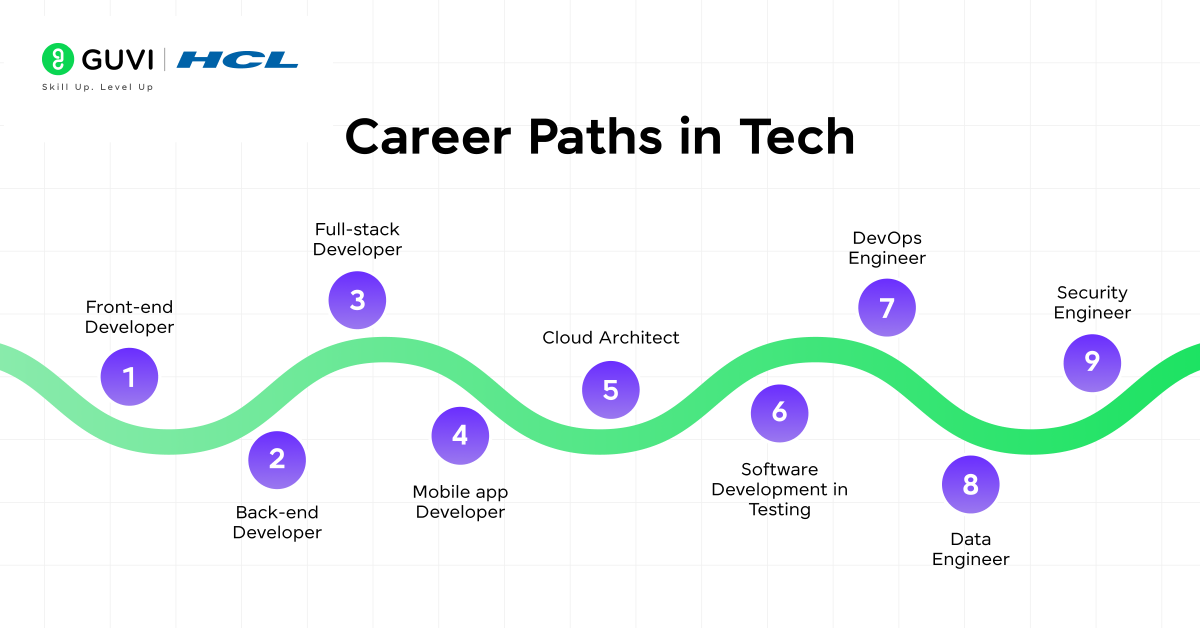
Software Engineering roles are divided based on the type of software or service. Below are
some careers in tech and their responsibilities:
1. Front-end Developer: Focuses on developing the UI of the website
2. Back-end Developer: Focuses on building the backend of the website
3. Full-stack Developer: Focuses on developing both the UI and backend of the website
4. Mobile app Developer: Focuses on developing mobile apps
5. Cloud Architect: Focuses on cloud servers, management, and monitoring
6. Software Development in Testing: Focuses on testing the software
7. DevOps Engineer: Focuses on planning, designing, and deploying pipelines
8. Data Engineer: Focuses on database and server management
9. Security Engineer: Focuses on the security of the software system
What to Study to Become a Software Engineer?
Pursue a full-time degree to take the first step toward becoming a software engineer. It can be any one of the following.
1. B.E/B.Tech or M.E/M.Tech in CSE, ECE, etc., with any specializations
2. BCA or MCA in Computer Science
3. B.Sc or M.Sc in Computer Science
What Skills are Required to Be a Software Engineer?
Irrespective of the type of software engineering, there are a few skills that are mandatory to learn
in 2025 to become a software engineer.
Master any one programming language
A programming language is essential to becoming a software engineer. Knowledge of Object-Oriented Programming languages such as C++, Java, and Python is helpful in writing reusable and organized code.
Data Structures and Algorithms
Data structures organize data efficiently, making it easier to access, modify, and store. Common data structures include arrays, lists, stacks, queues, and trees, each designed for specific use cases
Development skills
It includes the domains available in software engineering.
- Full-stack Website Development is used to build both the front end (user interface) and back end (server) of websites.
- Mobile Development: Creates applications for mobile devices such as smartphones, tablets with operating systems like iOS and Android.
- DevOps: It is used to automate and streamline the process of software development and IT operations to enable faster, more efficient, and reliable release of software.
- Data Science: It is used to extract insights and predictions from large data sets using statistics and machine learning algorithms.
- UI/UX Designing: Creates a user interface (UI) and user experience (UX) of digital products to ensure they are both visually appealing and comfortable to use for the end users.
Version Control(Git and GitHub)
Git is a distributed version control system that helps developers track code changes and collaborate on projects.
GitHub is a widely-used platform for hosting Git repositories, offering features like pull requests, issue tracking, and collaboration tools for open-source and private projects. GitLab provides similar functionality with a focus on DevOps integration, offering continuous integration, deployment, and project management tools all in one platform.
Mastering any one of the programming languages is a must. If you’re confused about which language to choose, start exploring HCL Guvi’s FREE E-book on Python: A Beginner’s Guide to Coding & Beyond. It is a great start towards your DSA and software developer journey.
How to Become a Software Engineer
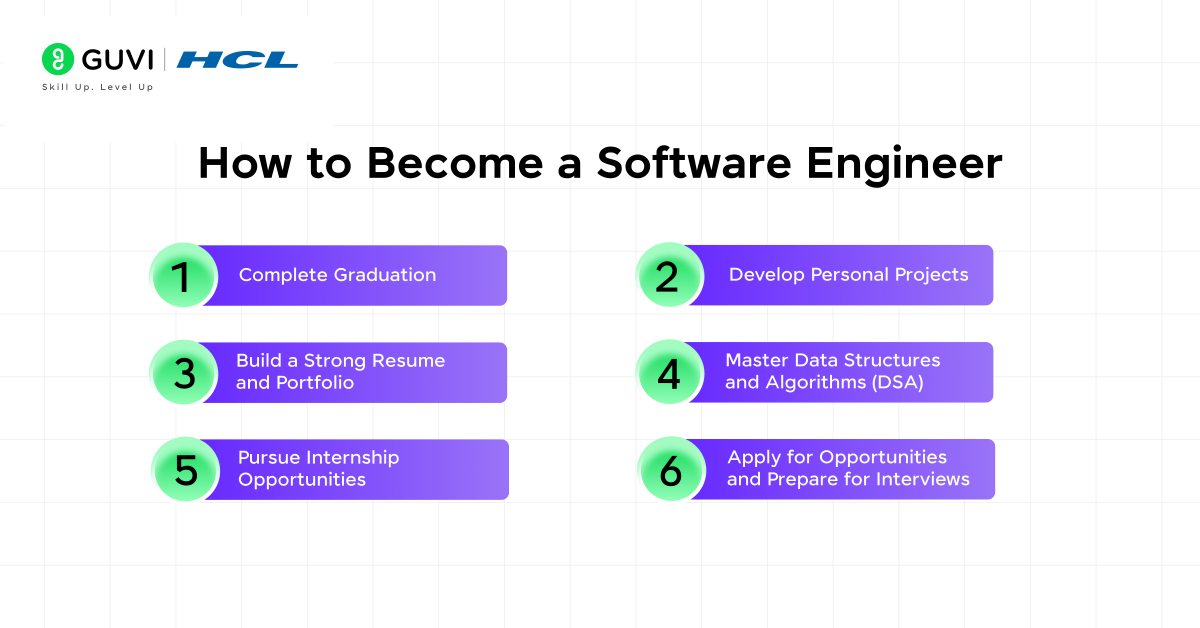
This section covers 6 detailed steps on how to become a software engineer, from learning skills to applying for opportunities. Let’s dive into it.
Step 1: Complete Graduation
Try to complete your bachelor’s/ master’s degree in the above-mentioned field with at least 60%
to a 70% cutoff.
Build a solid foundation of knowledge in Operating Systems, Computer Networks, DBMS, Data
Structures and Algorithms during your course of degree.
Step 2: Develop Personal Projects
Once you establish a foundational knowledge, learn skills relevant to the type of software
developer you want to become. If you want to become a full-stack developer, learn HTML, CSS for
the front end, and JavaScript for the backend.
After learning the required skills, start building simple projects and gradually increase the
complexity of the projects. Build one or more personal projects with various tech stacks to show
that you’re open to exploring various options. Showcasing the projects you’ve done will add a
bonus point to your career. It shows that you can complete the entire project from development to deployment. With the help of GitHub and GitHub Pages, this can be
achieved easily.
If you want to become a full stack developer and learn the necessary skills required for it starting from scratch to advance in a single course from India’s top Industry Instructors, consider enrolling in HCL GUVI’s Full Stack Development course that not only teaches you everything about full-stack development from scratch, but also provides you with hands-on project experience and industry-grade certificate!
Step 3: Build a Strong Resume and Portfolio
Once you are confident in your development skills, build a strong resume focusing on your
skills, projects, achievements, education, and certifications related to the field.
Today, employers often check your activity on platforms like LinkedIn and GitHub to see how
consistent you are. So, try to regularly update your GitHub by contributing to open-source projects
projects or sharing your projects. Also, connect with your classmates, seniors, and professionals on LinkedIn to build a strong network.
Step 4: Master Data Structures and Algorithms (DSA)
Data Structures and Algorithms (DSA) are the tools and techniques used to organize, store, and
process data efficiently, helping solve problems faster and more effectively. Mastering data
structures and algorithms is a crucial and mandatory skill for a software developer. Testing your
Data structures and algorithm knowledge are the first round for any tech career.
Mastering linear data structures like Arrays, Strings, and Matrices, followed by non-linear
Structures like Trees and Graphs are a great starting point. Once you understand how and why these structures are used, focus on learning algorithms for each. Common algorithms include
Rabin-Karp, Dijkstra’s, and Two Pointers. Practicing on platforms like LeetCode, GeeksforGeeks, HCL Guvi, and Hackerrank will improve your problem-solving skills and time management.
Step 5: Pursue Internship Opportunities
Once you have mastered your DSA skills and tailored your resume, you can start pursuing
internships. You can find internships either through your college placements or off-campus
opportunities. Apply for the internship opportunities that align with your skill sets. You can check here for internship opportunities at HCL Guvi in their careers page.
Step 6: Apply for Opportunities and Prepare for Interviews
At the end of your graduation, start applying for full-time opportunities in tech. According to
Your skill sets can be applied either through your college placements or through online jobs
searching platforms like LinkedIn, Indeed, and so on.
Practice mock interviews with your friends. Work on improving your soft skills, such as
communication and problem-solving abilities. Stay updated with the latest technologies, build
new skills, and avoid relying solely on a limited set of skills. Each company’s hiring process may
differ, so take the time to study their process and prepare accordingly. Review the job
description to understand what the company is expecting.
Conclusion
In conclusion, becoming a software engineer may feel overwhelming at times, but with
dedication and persistence, you can achieve it. The key is to stay consistent with
practicing DSA, always be open to learning new skills, build personal projects, and share your
work with the world.
Stay consistent, and you’ll see the progress you’ve worked hard for!
FAQs
Q1. Which programming languages should I learn first?
Start with beginner-friendly languages like Python or JavaScript; then explore Java, C++, or others based on your goals.
Q2. How long does it take to become a software engineer?
It varies, some learn in 6–12 months through bootcamps, while others take 3–4 years via degrees.
Q3.Can I become a software engineer without a tech background?
Yes, many people switch careers by learning through online courses, bootcamps, or self-study.
Q4.What’s the best way to practice coding?
Use coding platforms like LeetCode, HackerRank, or Codecademy, and build real-world projects to apply your skills.
Q5. Is software engineering a good long-term career?
Yes, it offers high demand, strong salaries, remote opportunities, and room for growth across many industries.



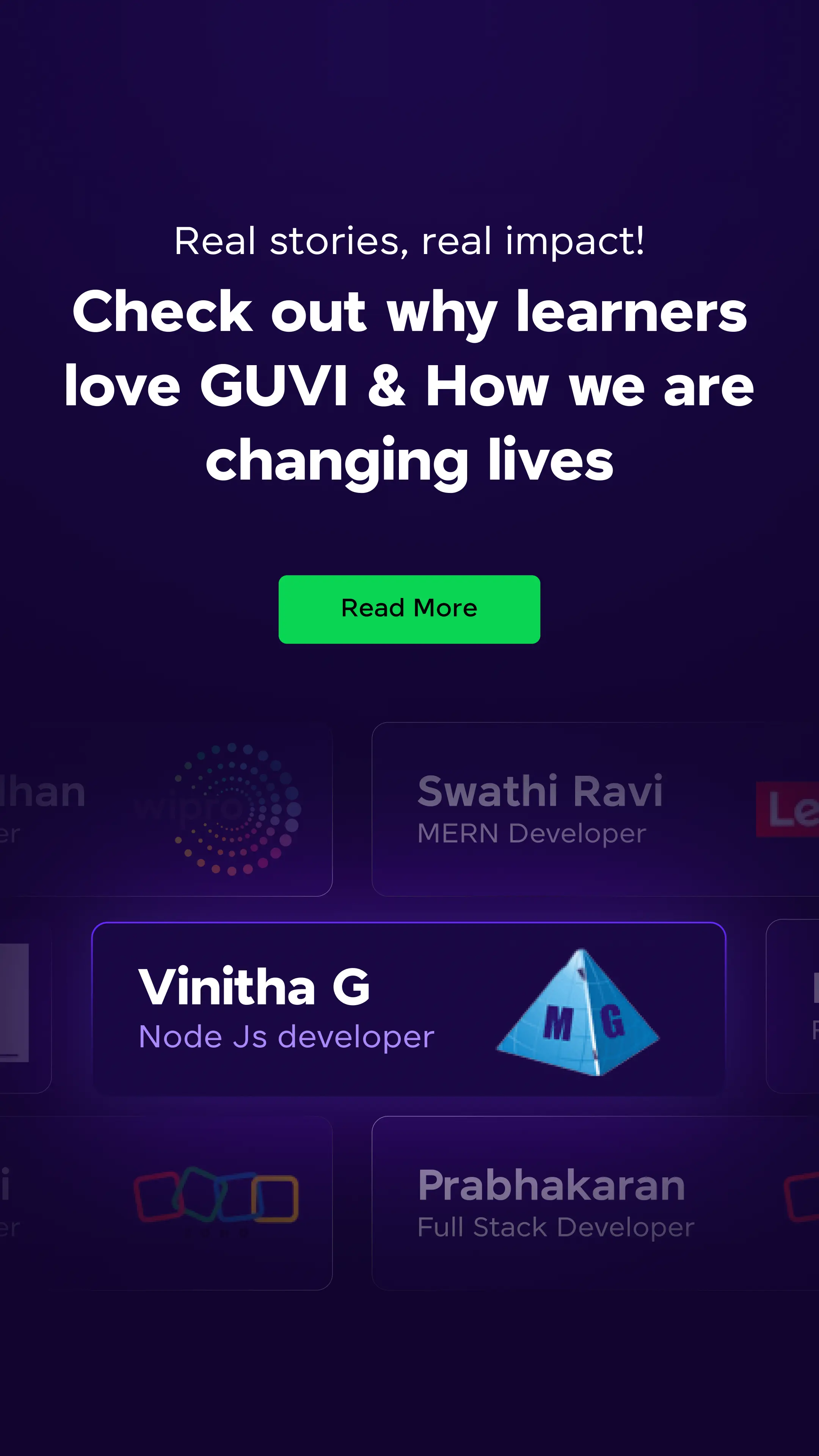















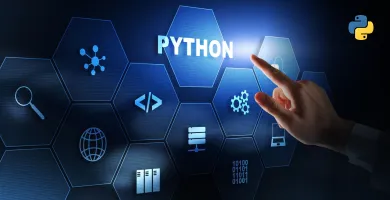




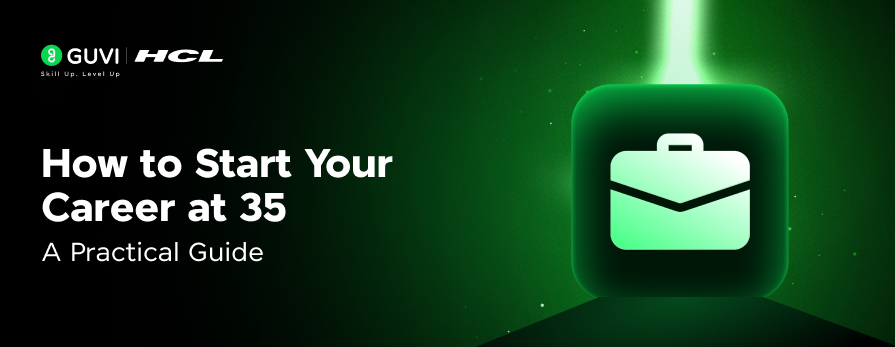



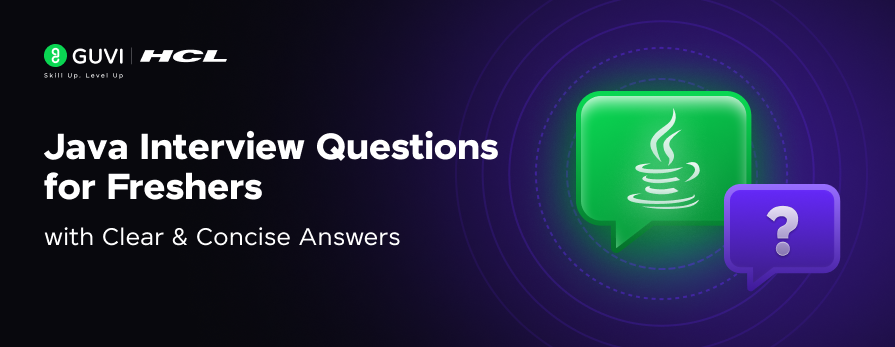

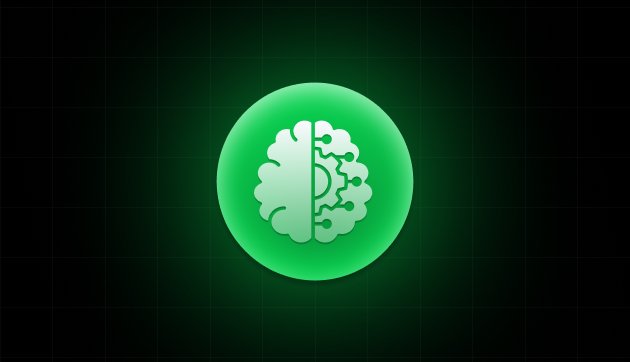
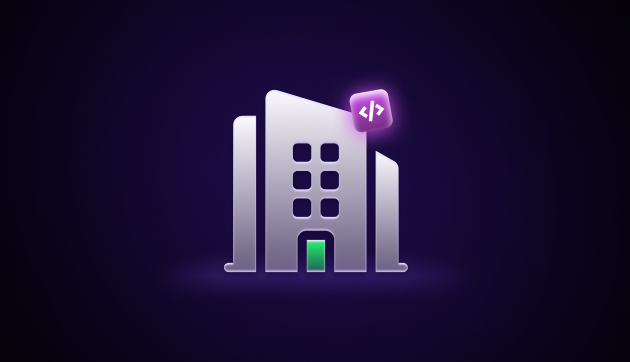




Did you enjoy this article?